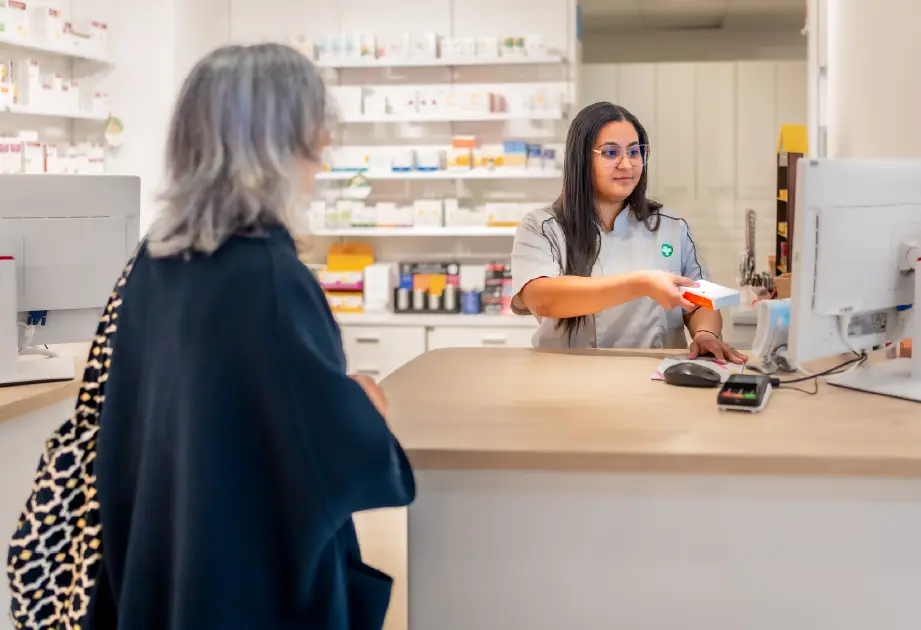Career Connections
Becoming a pharmacy technician is a great career choice for those interested in healthcare but unsure where to start. Many people assume that prior experience or formal education is required, but in reality, there are multiple pathways to enter this field without prior experience. This guide will walk you through the steps to becoming a pharmacy technician, even if you’re starting from scratch.

Explore More Articles
AI Boom: Industries on the Rise vs. Industries in Decline
From CNA to RN: Here’s the Fastest Path (With Online Options!)
5 Healthcare Roles AI Will Never Replace
How to Choose Your Major in an AI-Dominated Future
How to Pursue the Pharmacy Tech Field Without Experience
Explore Degree Subjects
Before diving into the steps, it’s essential to understand what a pharmacy technician does and why this role is crucial in the healthcare industry.
Pharmacy technicians work under the supervision of licensed pharmacists and assist with various tasks, including:
Many pharmacy technician positions do not require prior experience, making it an accessible career for newcomers.
Each state has different regulations regarding pharmacy technicians. Some states require certification, while others allow on-the-job training. Research your state’s requirements by visiting your local Board of Pharmacy website.
Most pharmacy technician positions require a high school diploma or GED. If you haven’t completed this requirement, consider obtaining it before applying for jobs.
Many pharmacies offer entry-level positions that provide on-the-job training. Look for job postings that specify “no experience required” or “training provided.”
While not always mandatory, enrolling in a pharmacy technician training program can give you a competitive edge. Some programs are available online and can be completed in a few months.
Although certification is not required in all states, obtaining one can improve job prospects and earning potential.
The PTCE is a nationally recognized certification that demonstrates your knowledge and skills in pharmacy operations. Many employers prefer certified technicians.
Another option is the Exam for the Certification of Pharmacy Technicians (ExCPT), offered by the NHA. This certification is widely accepted and can enhance your resume.
Even without prior experience, there are ways to gain practical knowledge in the field.
Some pharmacies offer volunteer or internship opportunities for individuals interested in becoming pharmacy technicians. This experience can be valuable when applying for jobs.
Connecting with pharmacy technicians and pharmacists can provide insights into job openings and career advice.
There are many free and paid online courses that cover pharmacy technician basics, including medication management and customer service skills.

Becoming a pharmacy technician without experience is entirely possible with the right approach. By researching state requirements, applying for entry-level positions, and considering certification, you can start a rewarding career in the healthcare industry.
Yes! Many pharmacies offer on-the-job training for entry-level positions, allowing individuals to start without prior experience or certification.
While some states require training programs or certification, many pharmacies hire individuals with a high school diploma or GED and provide training.
The two main certifications are the Pharmacy Technician Certification Exam (PTCE) and the Exam for the Certification of Pharmacy Technicians (ExCPT). These certifications improve job prospects and earning potential.
Volunteering, internships, and online courses focused on pharmacy operations can help build relevant skills and improve your chances of securing a job.
Key skills include attention to detail, strong communication, customer service, basic math proficiency, and knowledge of medication handling protocols.
Job listings can be found on platforms like Indeed, Glassdoor, LinkedIn, and pharmacy-specific career sites. Many retail pharmacies also have job openings directly on their websites.